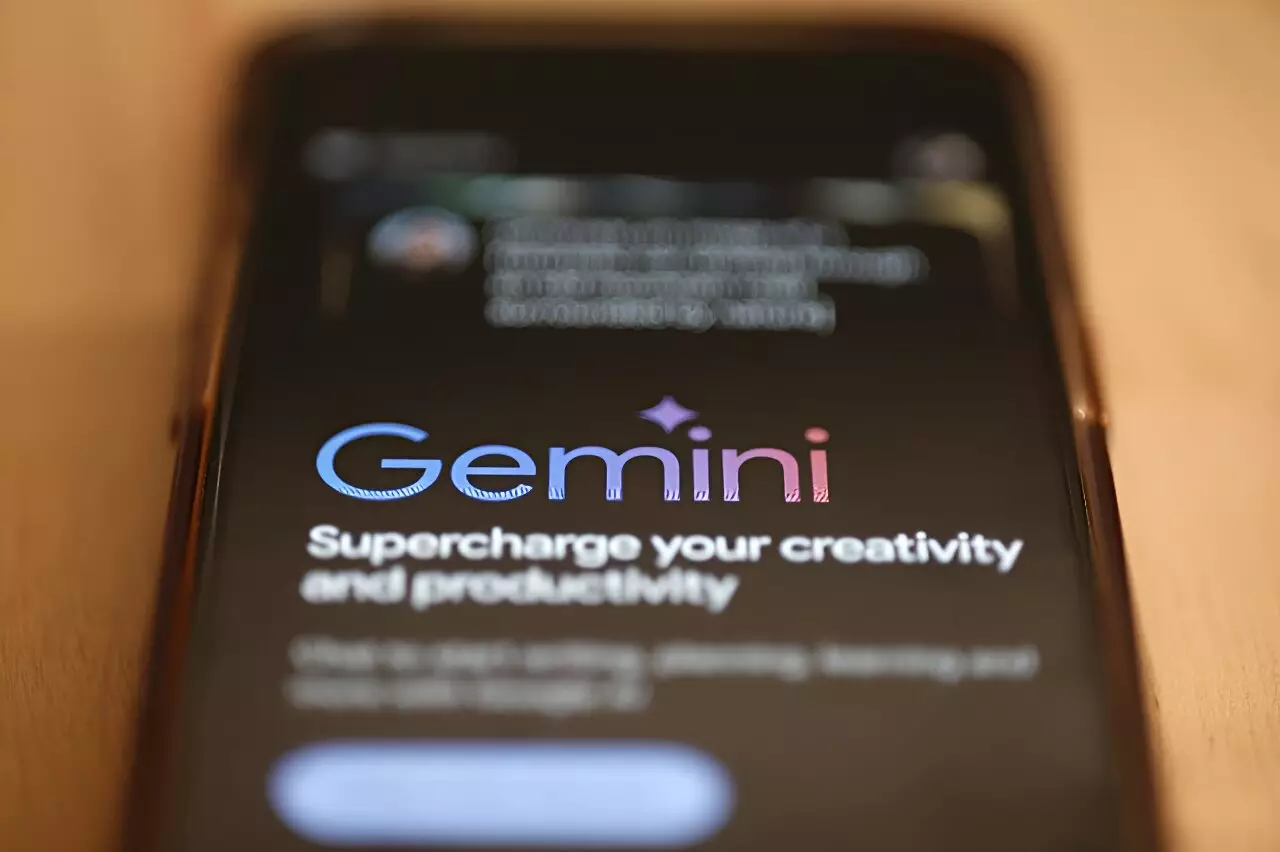Google recently faced backlash after airing an ad for its Gemini artificial intelligence during the Olympics. The ad, titled “Dear Sydney,” featured a father using the AI tool to write a fan letter from his daughter to US hurdler Sydney McLaughlin-Levrone. While the intention was to showcase the capabilities of Gemini AI, the execution fell flat with some viewers. Critics argued that the ad promoted the idea that parents should rely on AI to communicate with their children, rather than fostering genuine human expression.
Failed Execution
The ad received negative feedback from viewers, prompting Google to pull it from its Olympics advertising rotation. Despite testing well initially, the ad faced heavy criticism for its implications about the role of AI in interpersonal communication. Social media posts raised concerns about a potential dystopian future where human creativity diminishes as reliance on AI grows. Some experts, like Syracuse University media professor Shelly Palmer, pointed out that the commercial painted a bleak picture of using AI to express emotions.
The core issue with the “Dear Sydney” ad lies in its portrayal of AI as a substitute for genuine human interaction. By suggesting that AI-generated content can convey emotions more effectively than individuals themselves, the ad misses the mark on the value of authentic expression. Author Linda Holmes summed up the sentiment by questioning the appeal of receiving an AI-written fan letter, highlighting the disconnect between technological advancements and human emotions.
While tech evangelists often praise the potential benefits of AI, the backlash against Google’s ad underscores the concerns of various professions. Teachers, musicians, artists, and others fear that AI advancements prioritize efficiency over authenticity, leading to a devaluation of human skills. By showcasing a scenario where a child uses AI to write a fan letter, the ad inadvertently reinforces these anxieties about the future of human creativity and expression.
Google’s “Dear Sydney” ad for Gemini AI missed the mark by promoting AI as a replacement for genuine human communication. The negative feedback and subsequent removal of the ad from the Olympics rotation highlight the importance of considering the implications of technology on interpersonal relationships. As AI continues to advance, it is crucial to prioritize authenticity and human connection over efficiency and convenience.


Leave a Reply